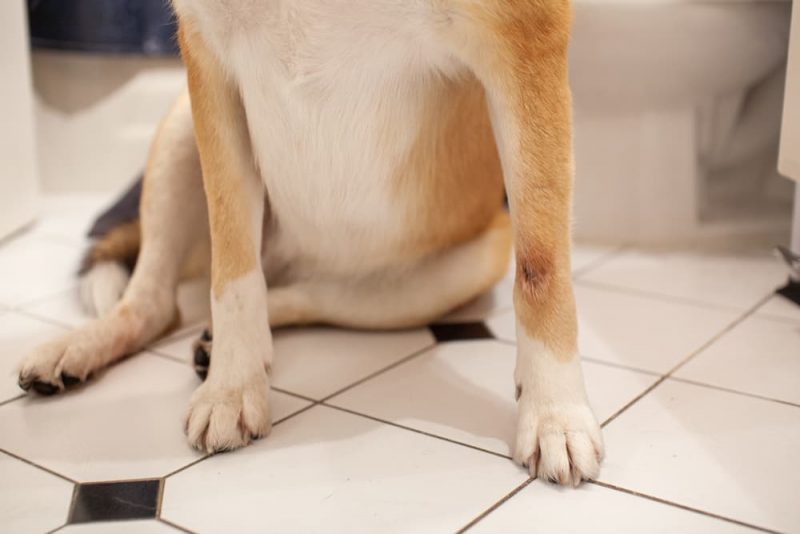Dogs can suffer from a variety of skin issues, ranging from allergies to infections. As a pet owner, it is important to be aware of the common skin issues that can affect your dog so that you can take steps to prevent them and treat them if they occur.
Causes of Skin Issues in Dogs
Skin issues in dogs can be caused by a number of factors, including environmental allergens, parasites, bacterial or fungal infections, and even underlying medical conditions. Environmental allergens such as pollen and dust mites are one of the most common causes of skin problems in dogs. Parasites such as fleas and ticks can also cause skin irritation and itching. Bacterial or fungal infections can lead to redness, crusting, oozing, hair loss, and other signs of skin disease. Finally, underlying medical conditions such as endocrine disorders or immune system disorders can also cause skin problems in dogs.
Signs of Skin Issues in Dogs
The signs of skin issues in dogs vary depending on the cause. Common signs include redness, itching or scratching, hair loss or thinning fur, scabs or sores on the skin, bumps or lumps on the skin, bad odor coming from the coat or ears, and excessive licking or chewing at certain areas on the body. If you notice any of these signs in your dog it is important to take them to see a veterinarian for diagnosis and treatment.
Prevention Tips for Skin Issues in Dogs
There are several steps you can take to help prevent skin issues in your dog:
Keep your dog’s environment clean by regularly vacuuming carpets and furniture where your pet spends time; washing bedding; brushing their coat; and wiping down surfaces with an antibacterial cleaner.
Regularly check for fleas and ticks on your pet’s body using a flea comb; use topical treatments if necessary to get rid of any parasites found on their body.
Feed your dog a high quality diet with all the necessary vitamins and minerals they need for healthy skin; avoid feeding them table scraps which may contain ingredients that could trigger allergic reactions.
Make sure your pet gets plenty of exercise; this helps keep their immune system strong which will help protect against infection causing bacteria or fungi.
Treatment Options for Skin Issues in Dogs
If you suspect that your dog has a skin issue it is important to take them to see a veterinarian right away for diagnosis and treatment options. Depending on the cause of the problem there are several treatments available including antibiotics for bacterial infections; antihistamines for allergies; medicated shampoos for fungal infections; topical creams/ointments for dry/itchy skin; steroids for inflammation caused by allergies; special diets tailored specifically towards treating food allergies; parasite control products like flea collars/spot-on treatments etc.; supplements like omega fatty acids to help improve overall health/skin condition etc.; surgery if needed (for example removal of tumors). Your veterinarian will be able to recommend an appropriate treatment plan based on what type of problem is causing your pet’s symptoms.
Conclusion
Skin issues are very common in dogs but with proper prevention measures and prompt treatment when needed they can usually be managed successfully without too much trouble. It is important to be aware of the signs so that you know when something isn’t quite right with your pet’s health so that you can get them seen by a veterinarian right away if needed!









